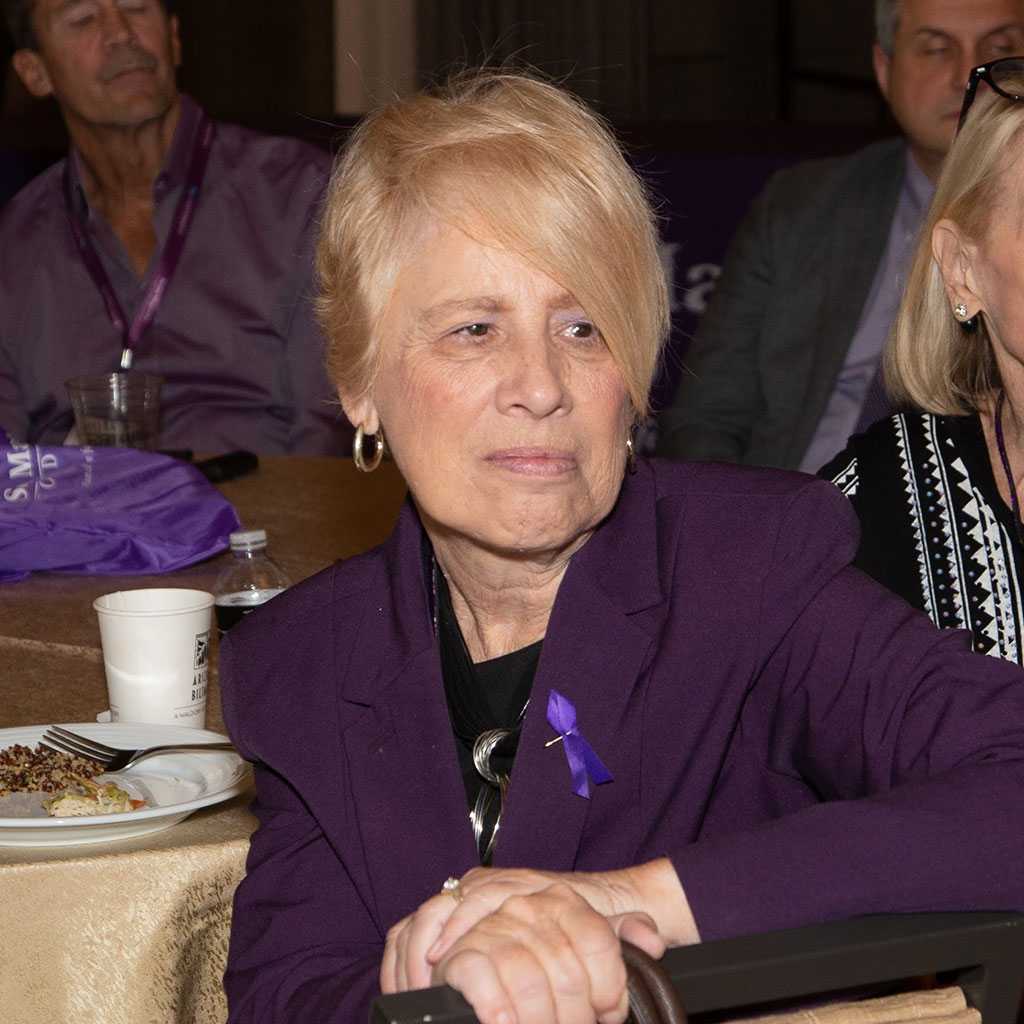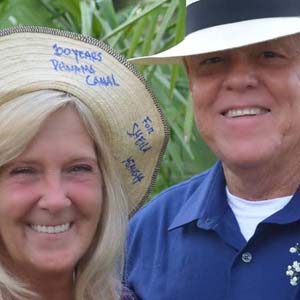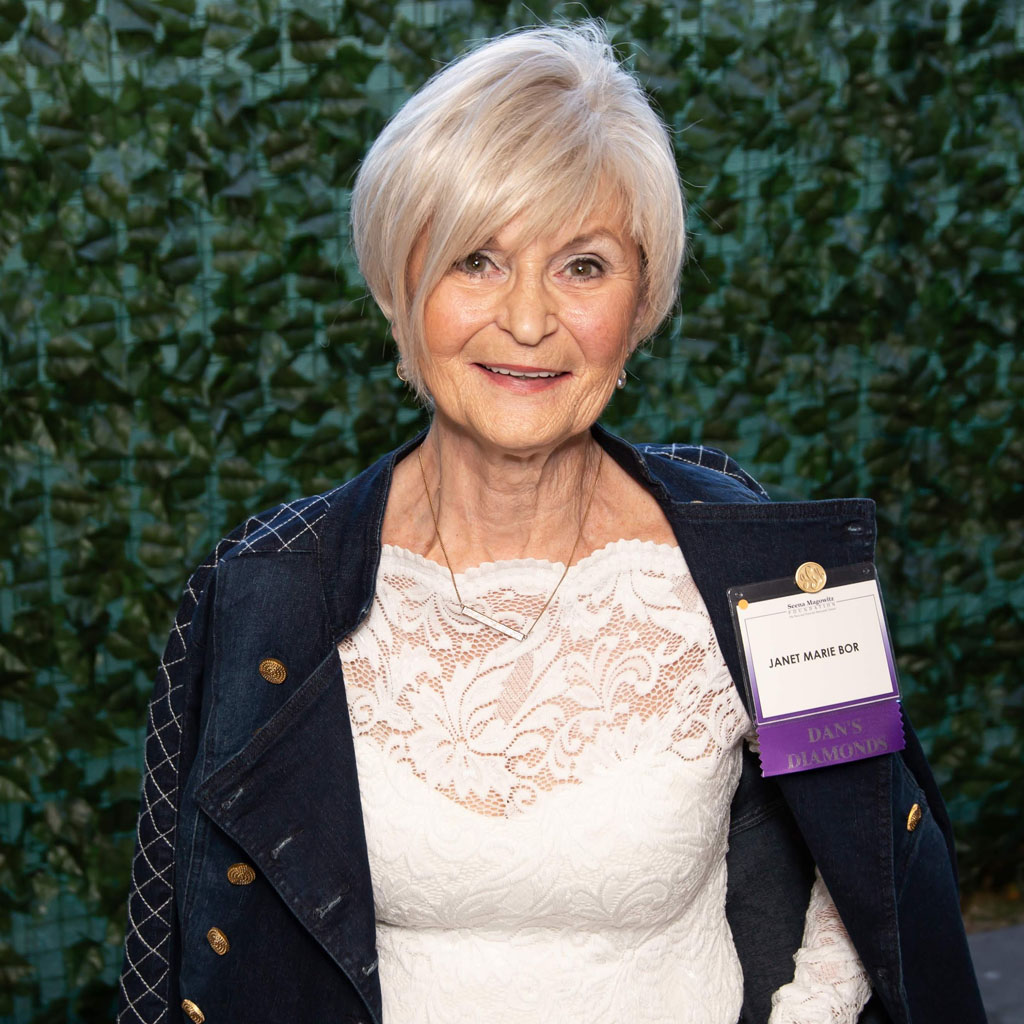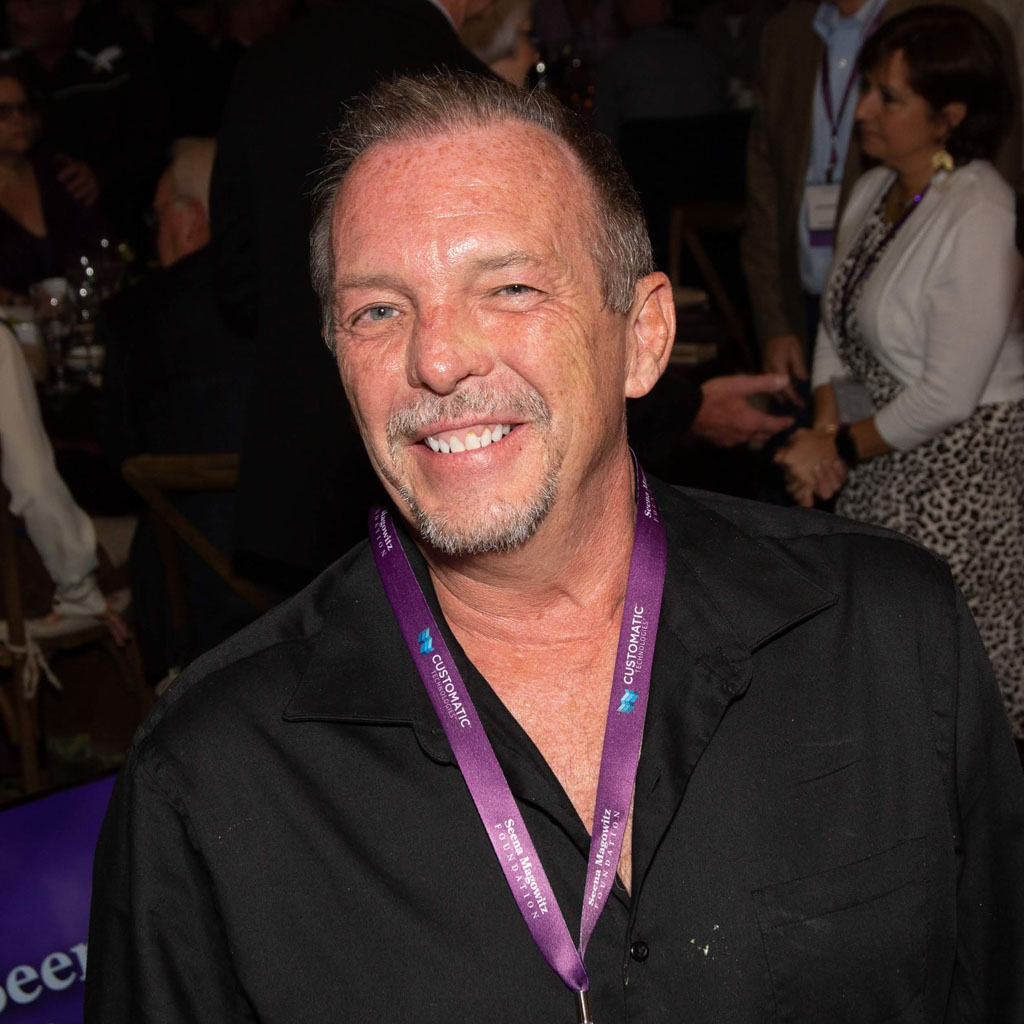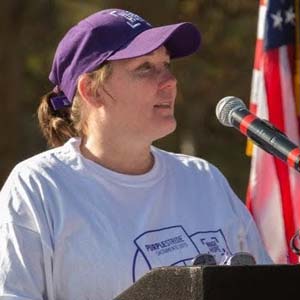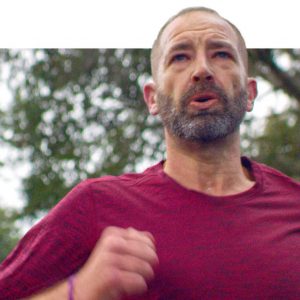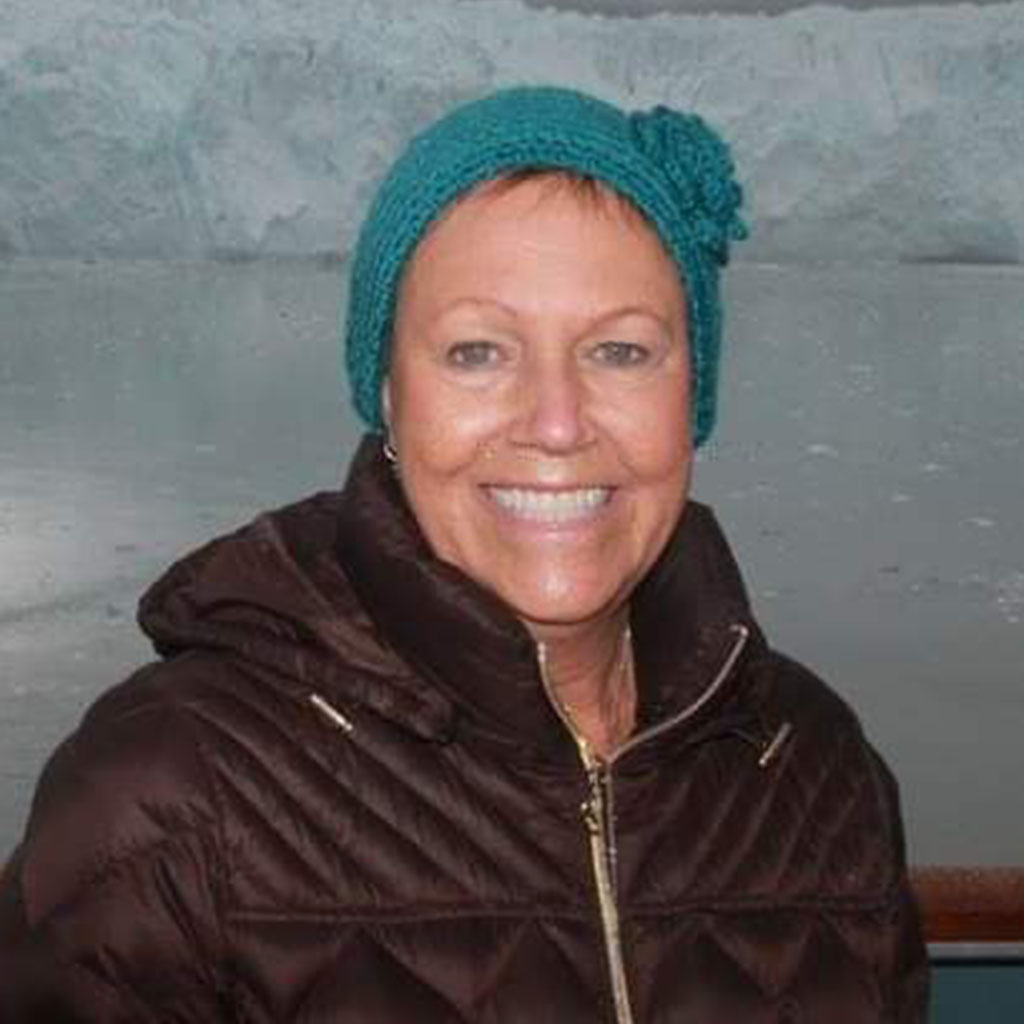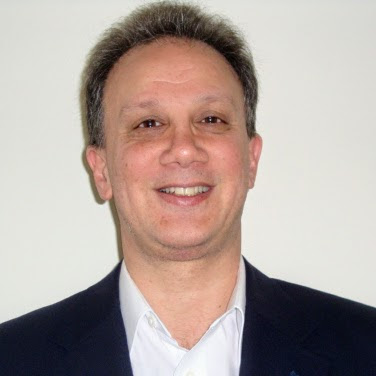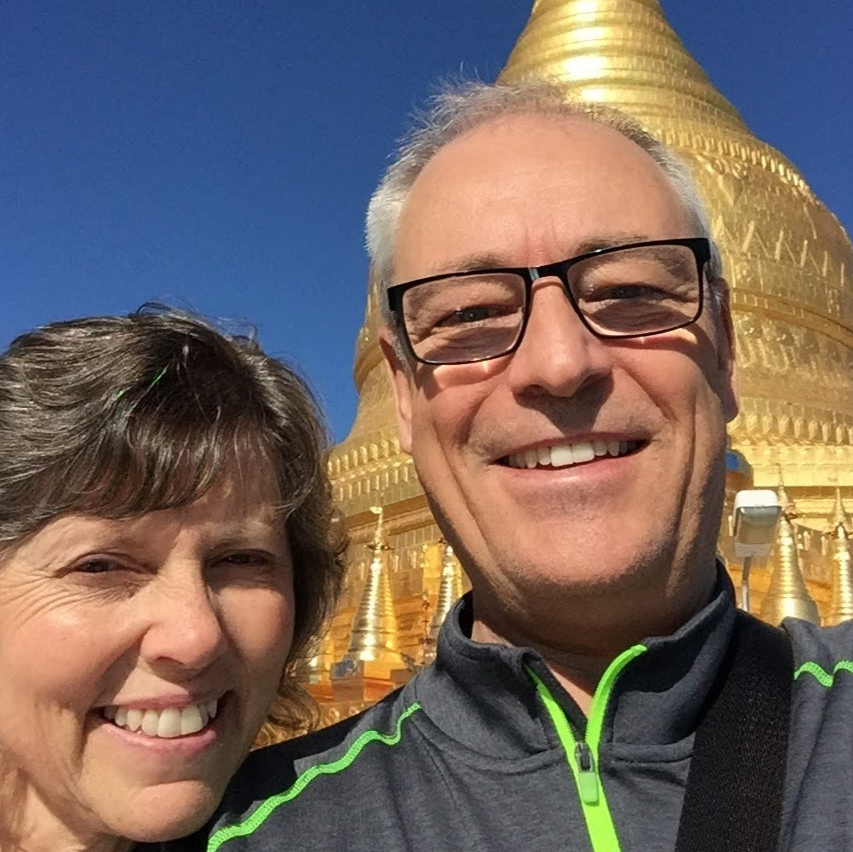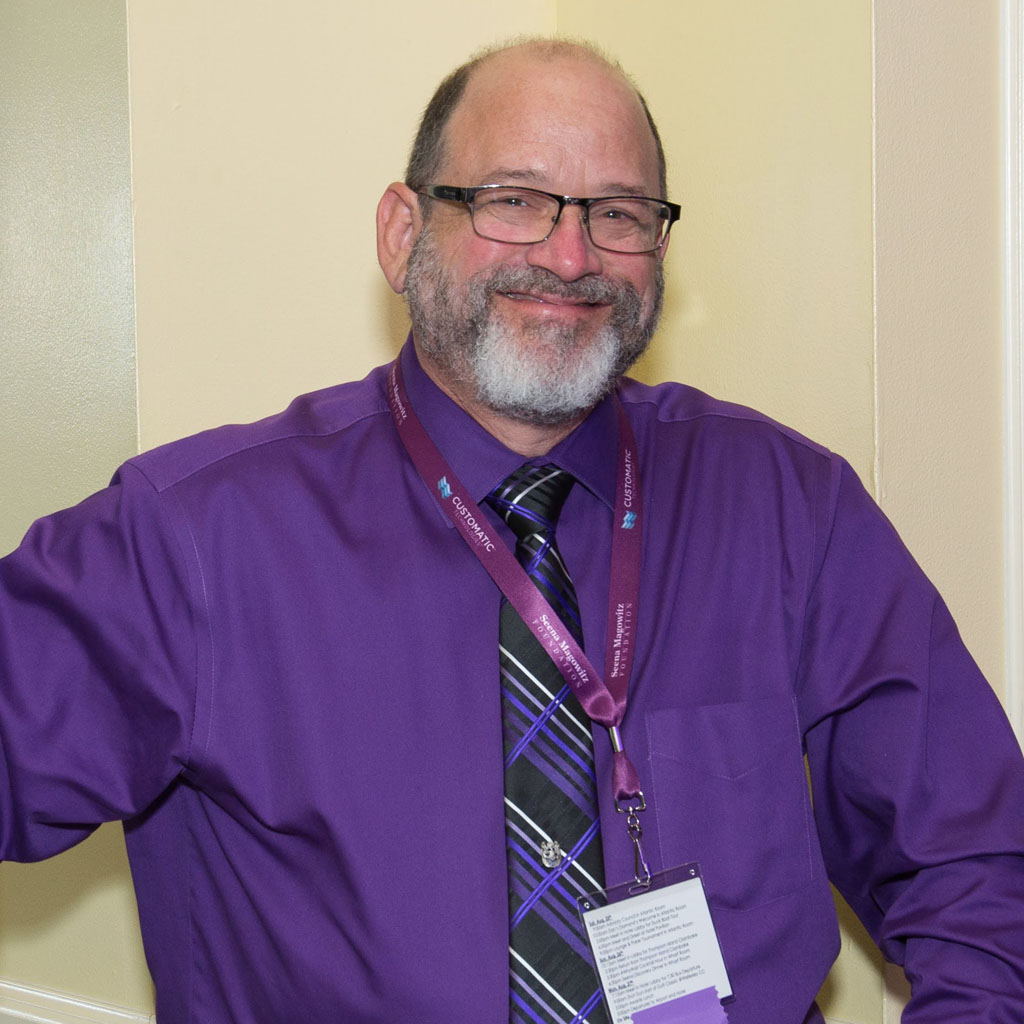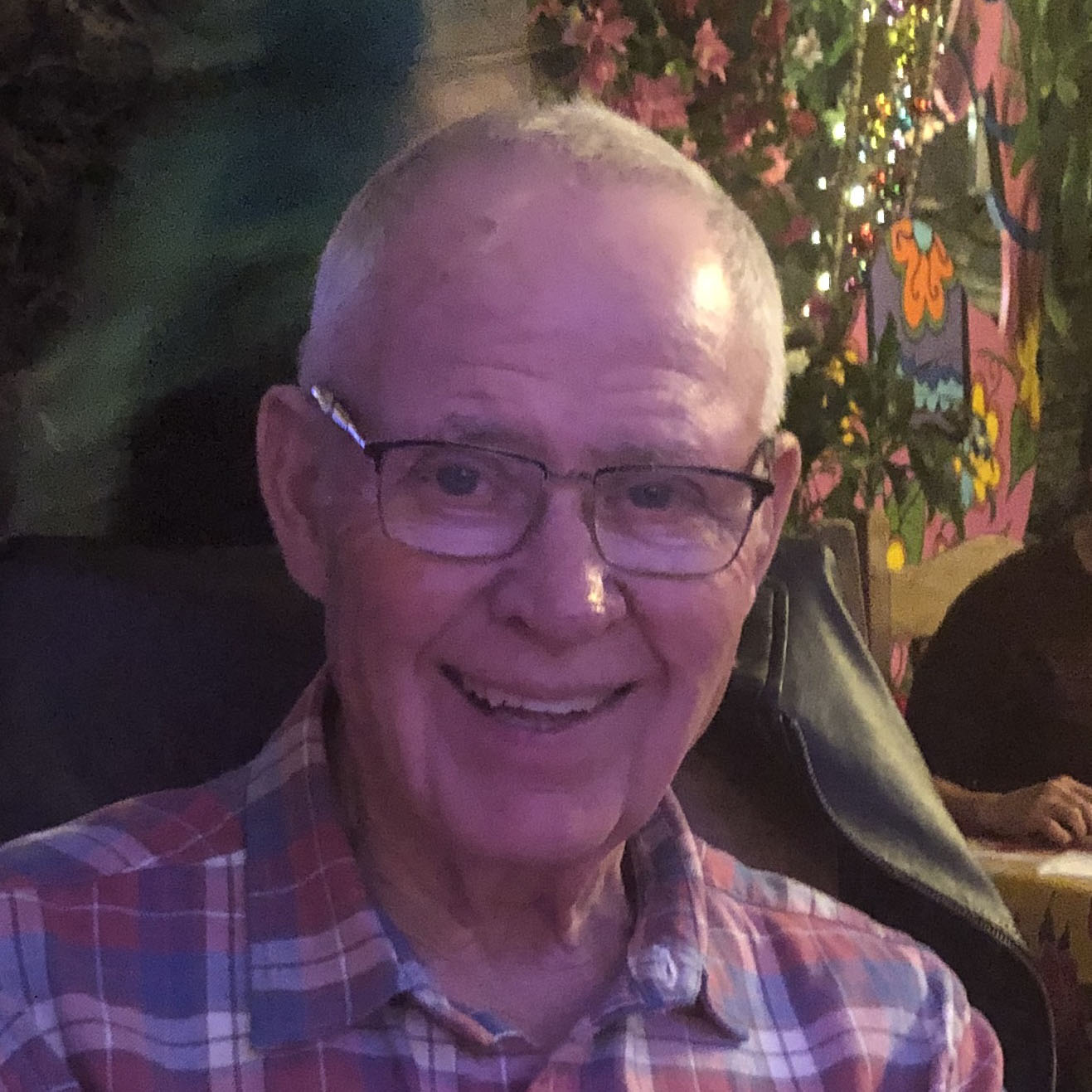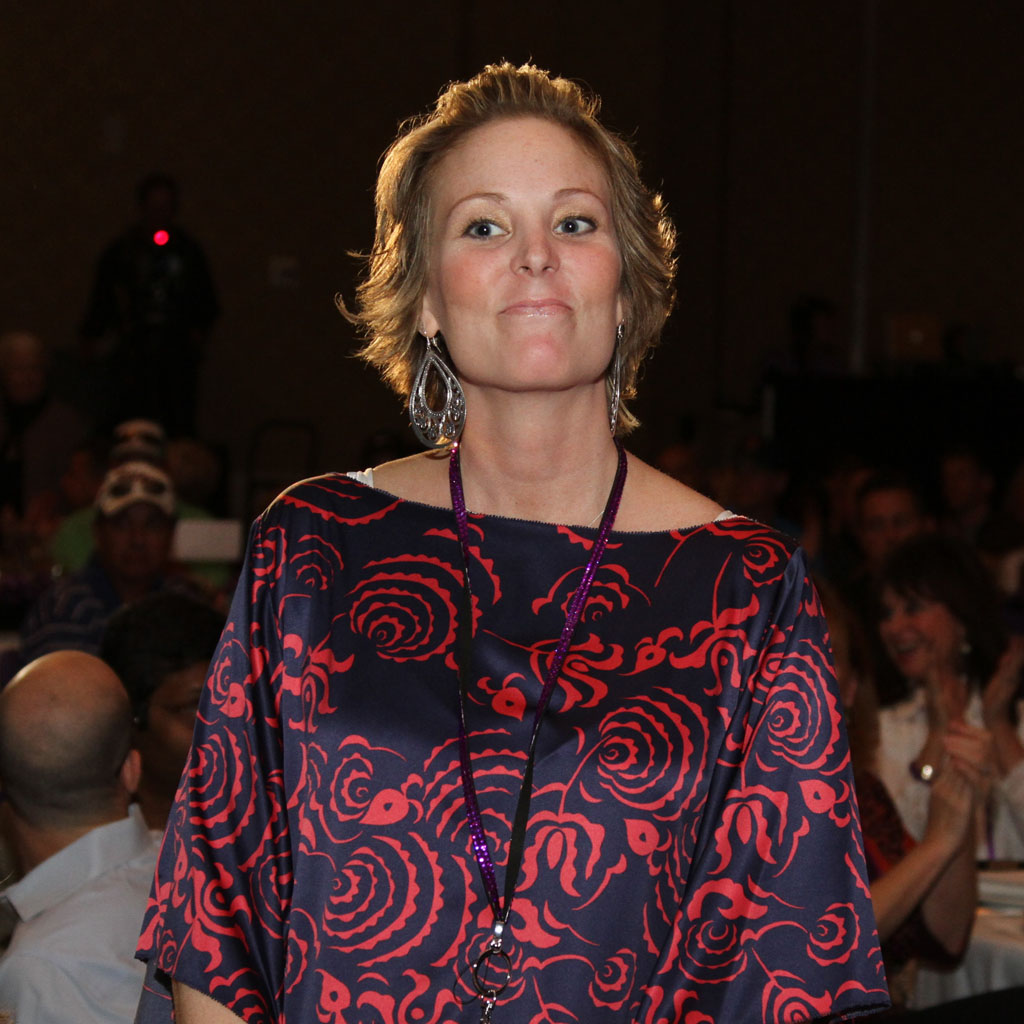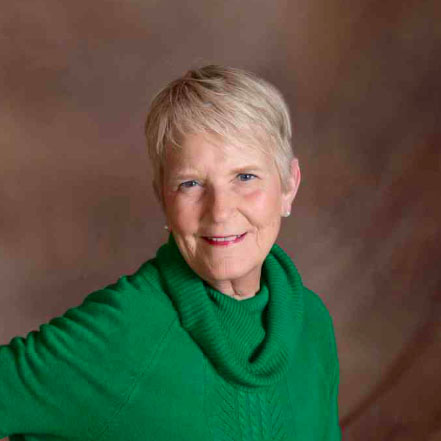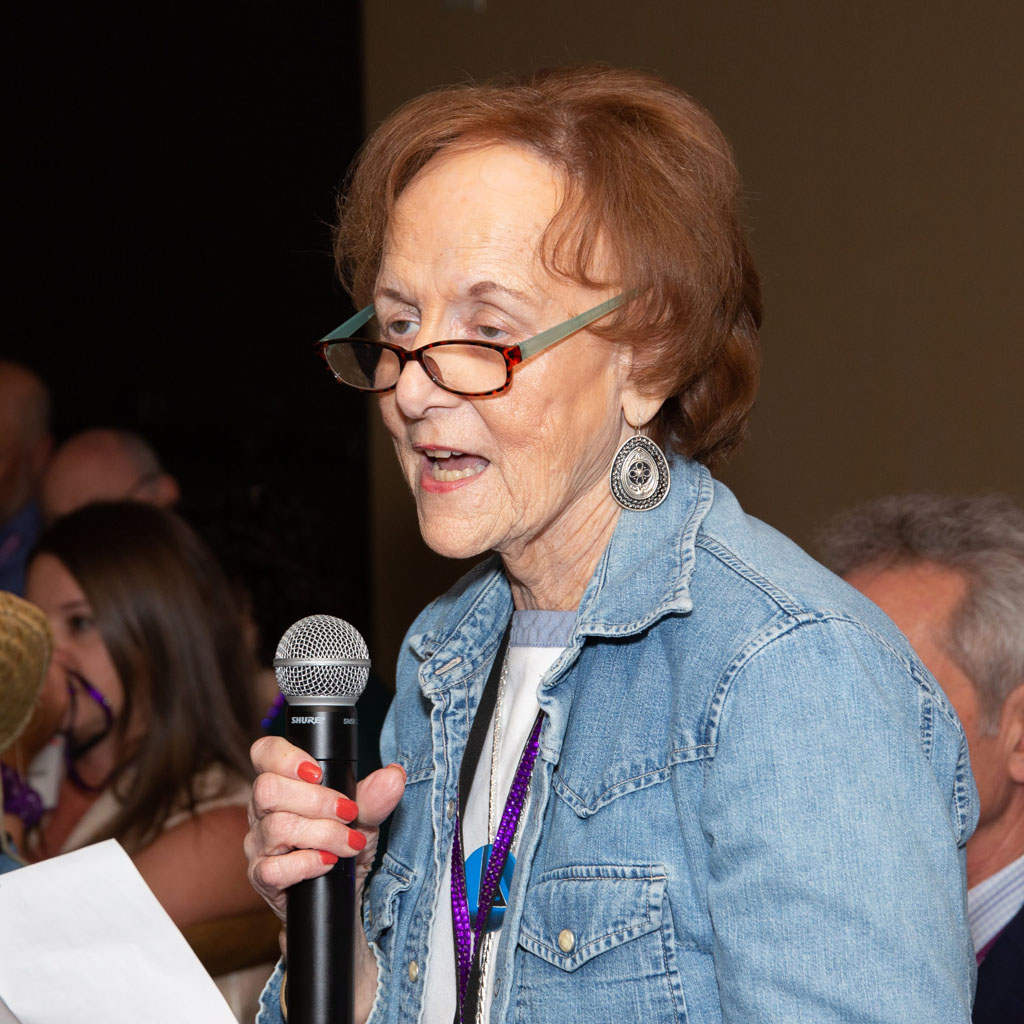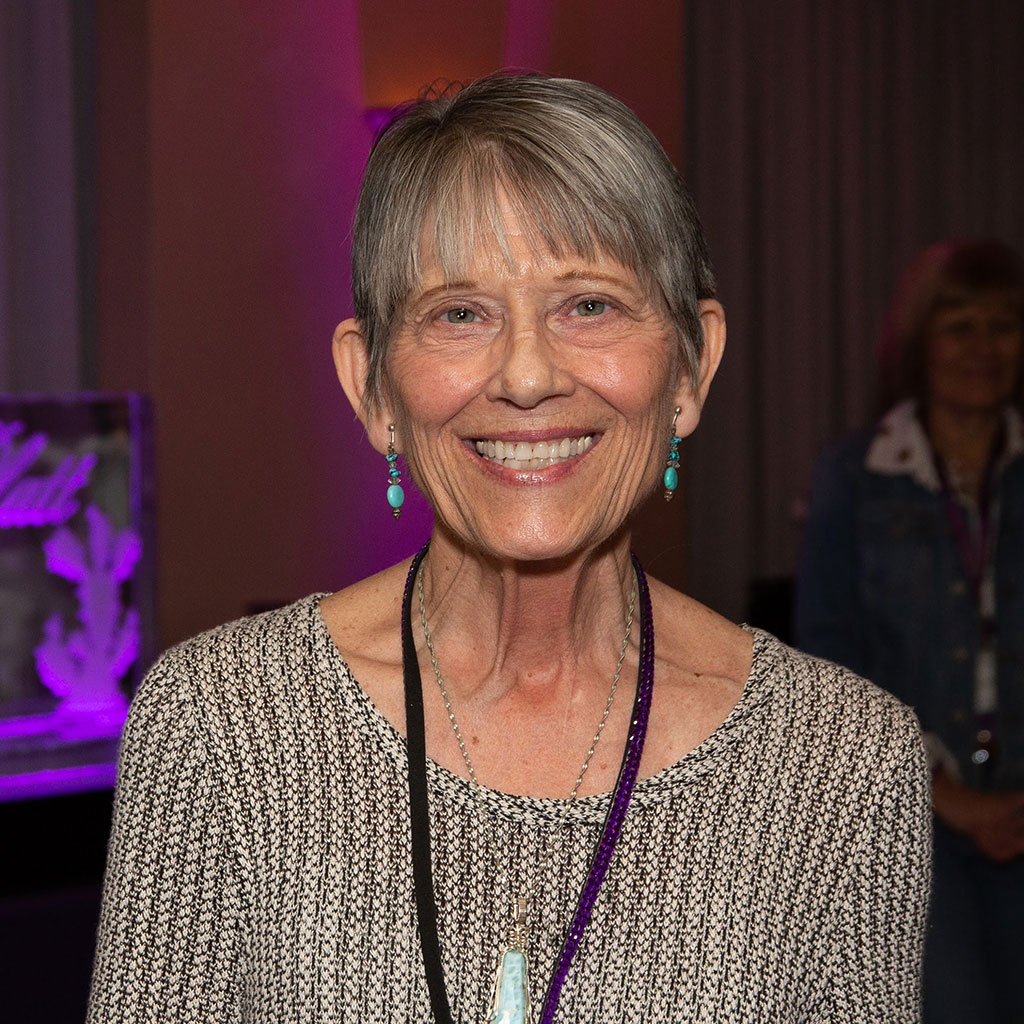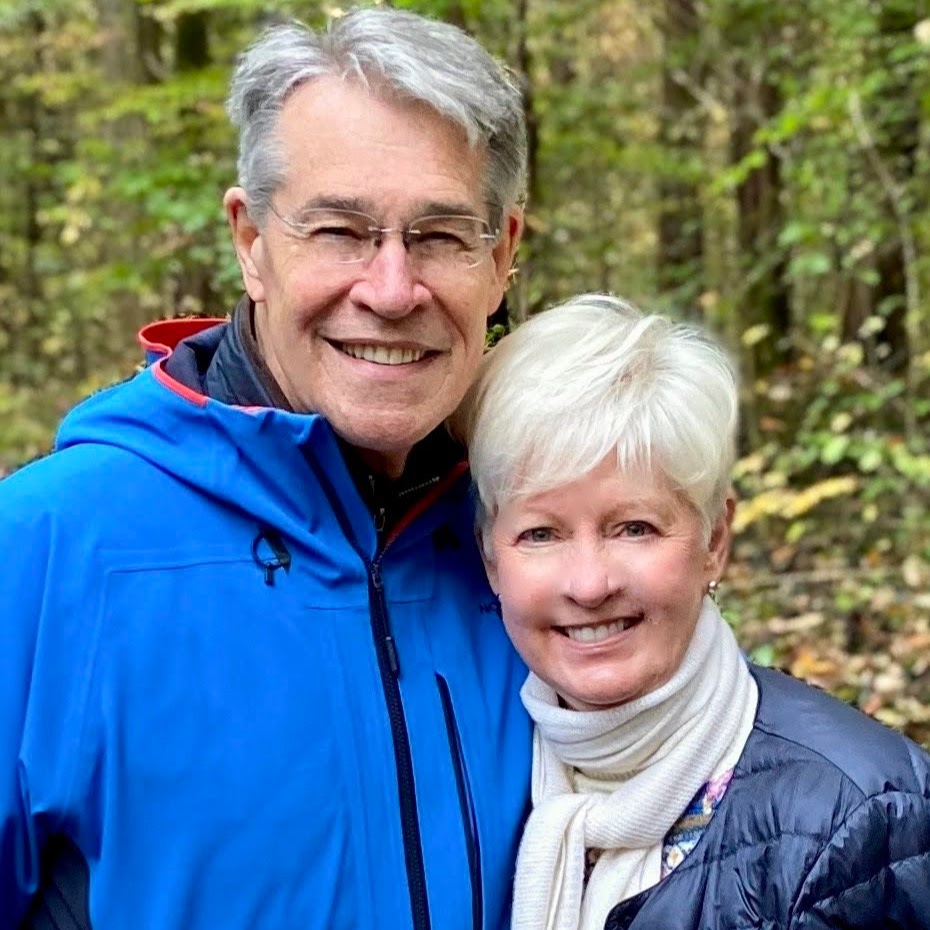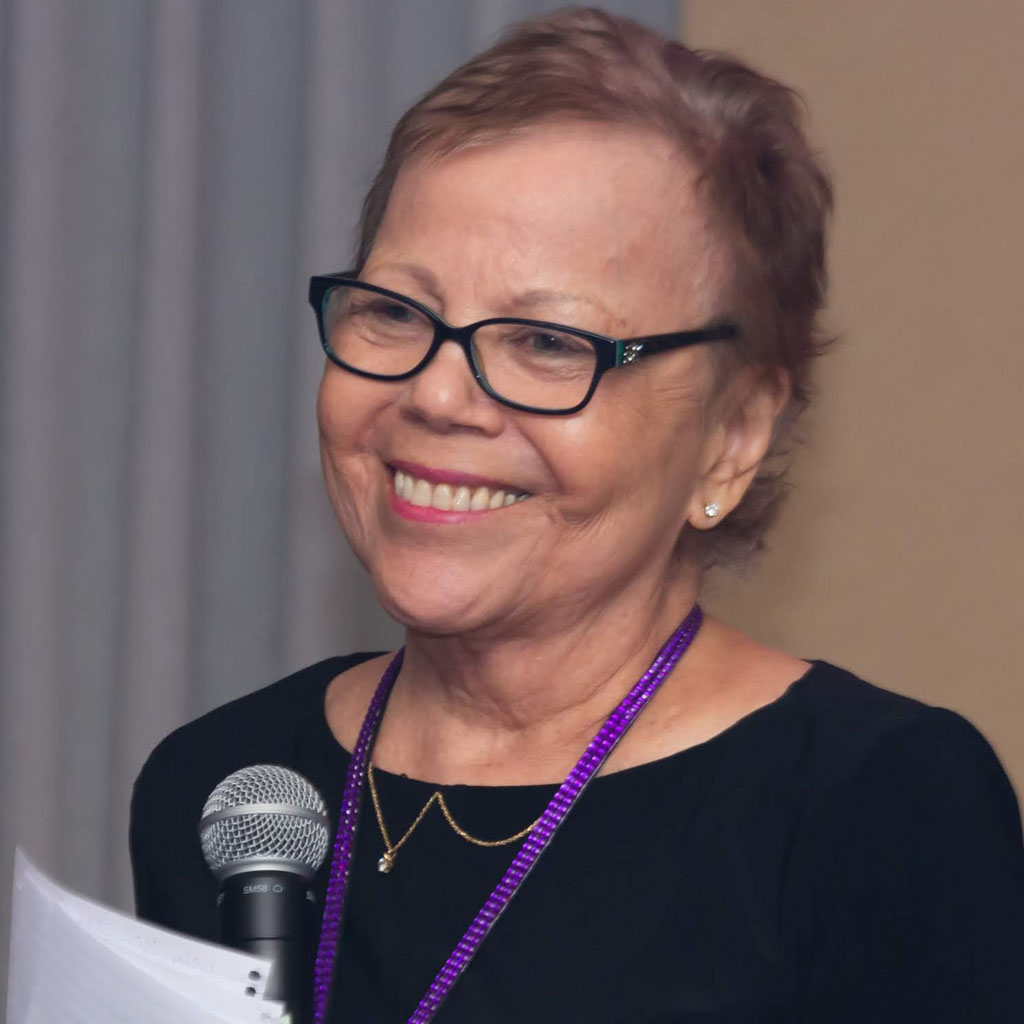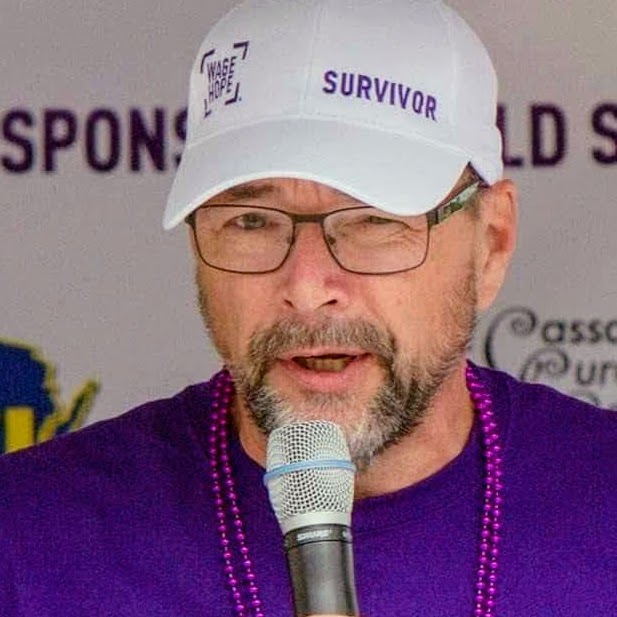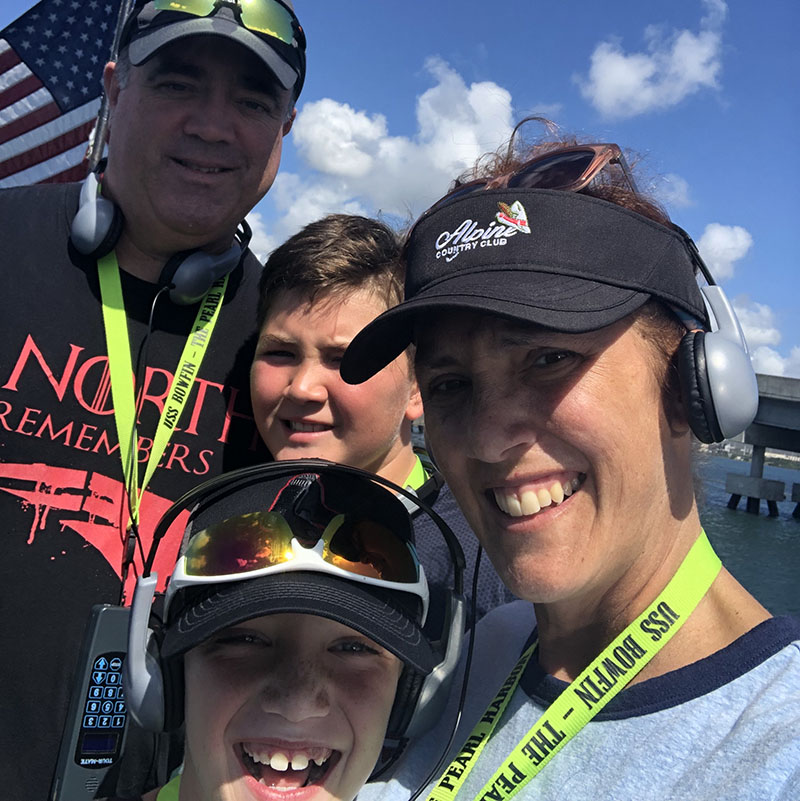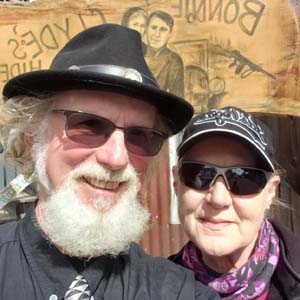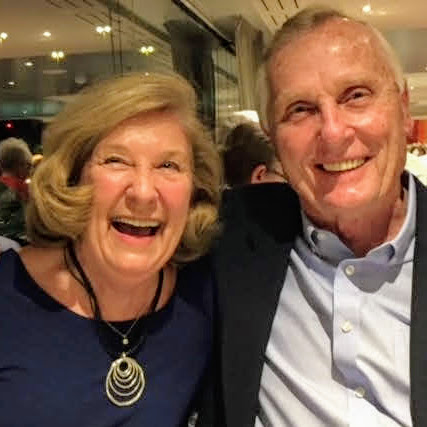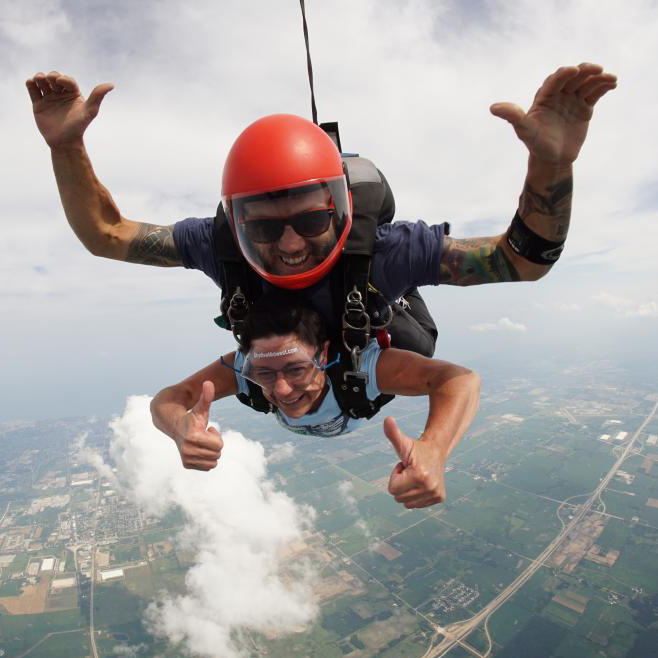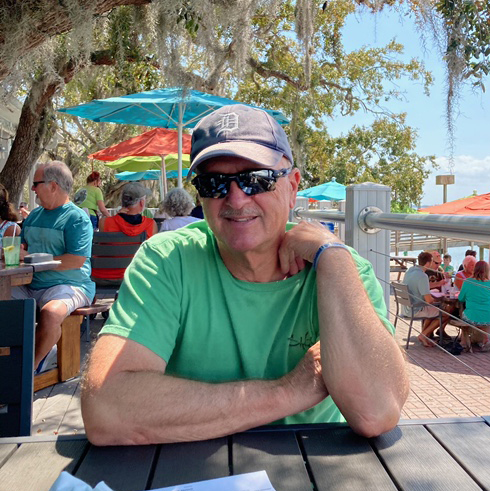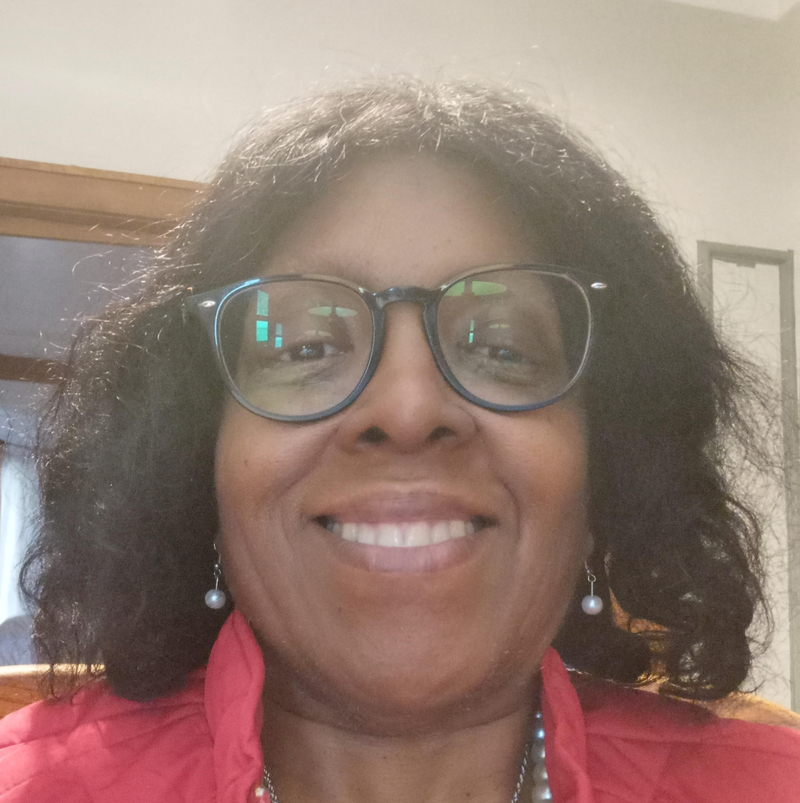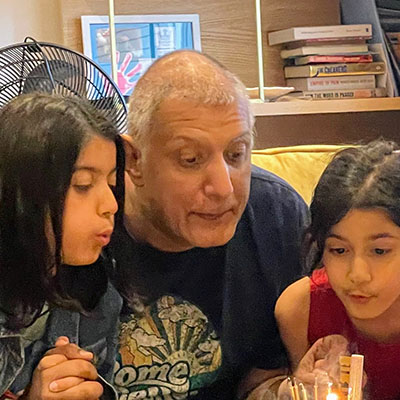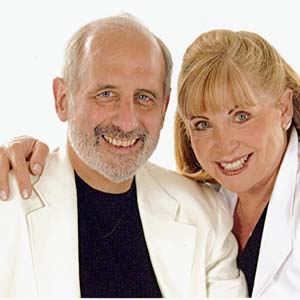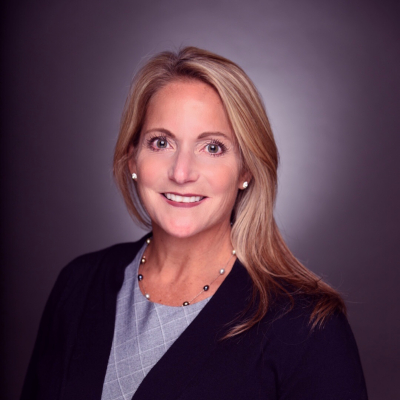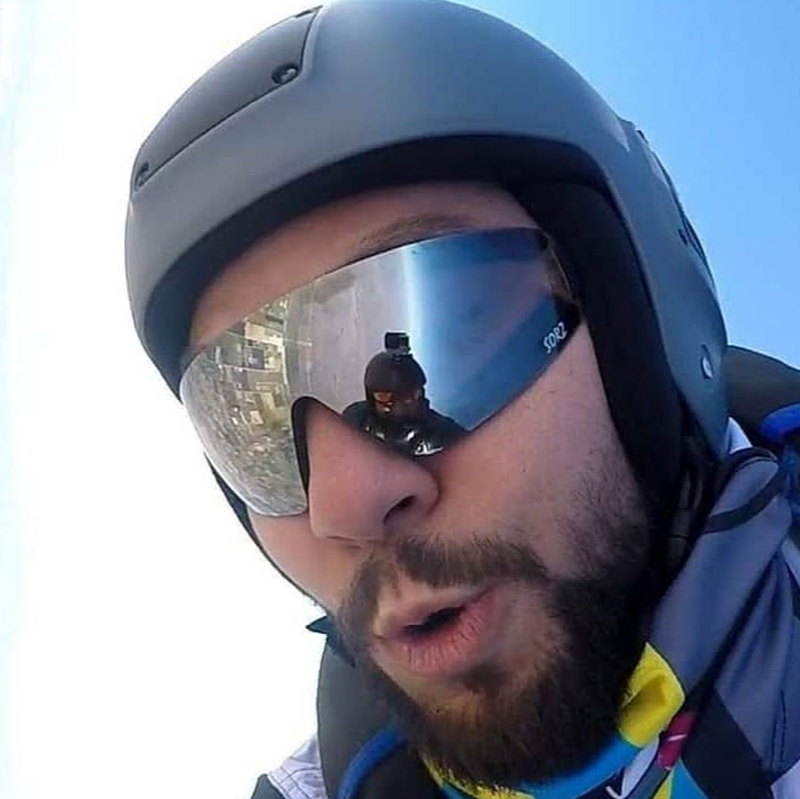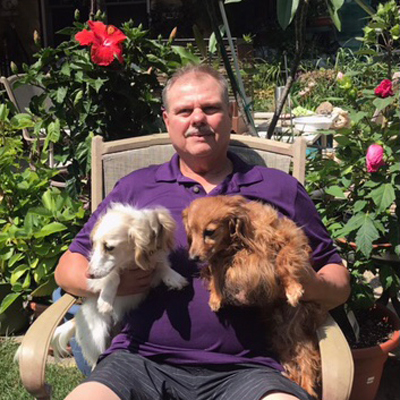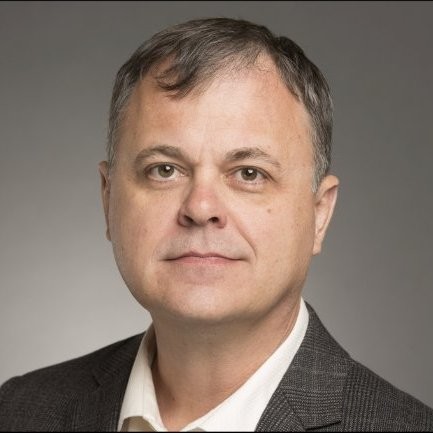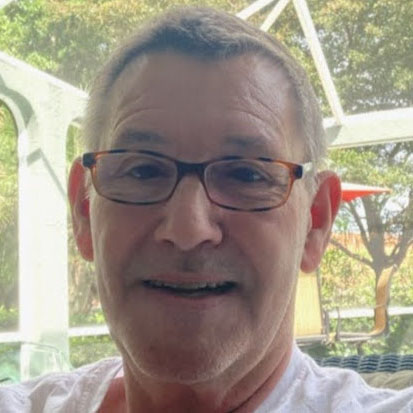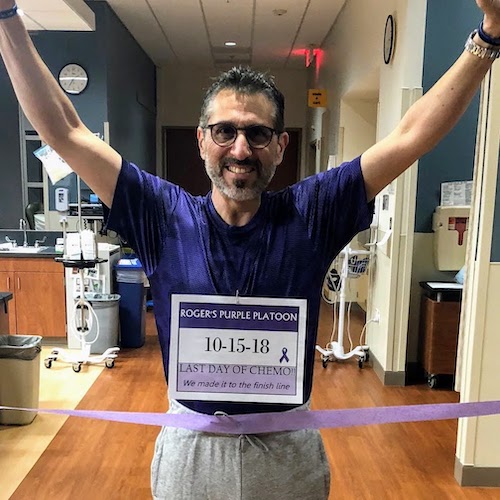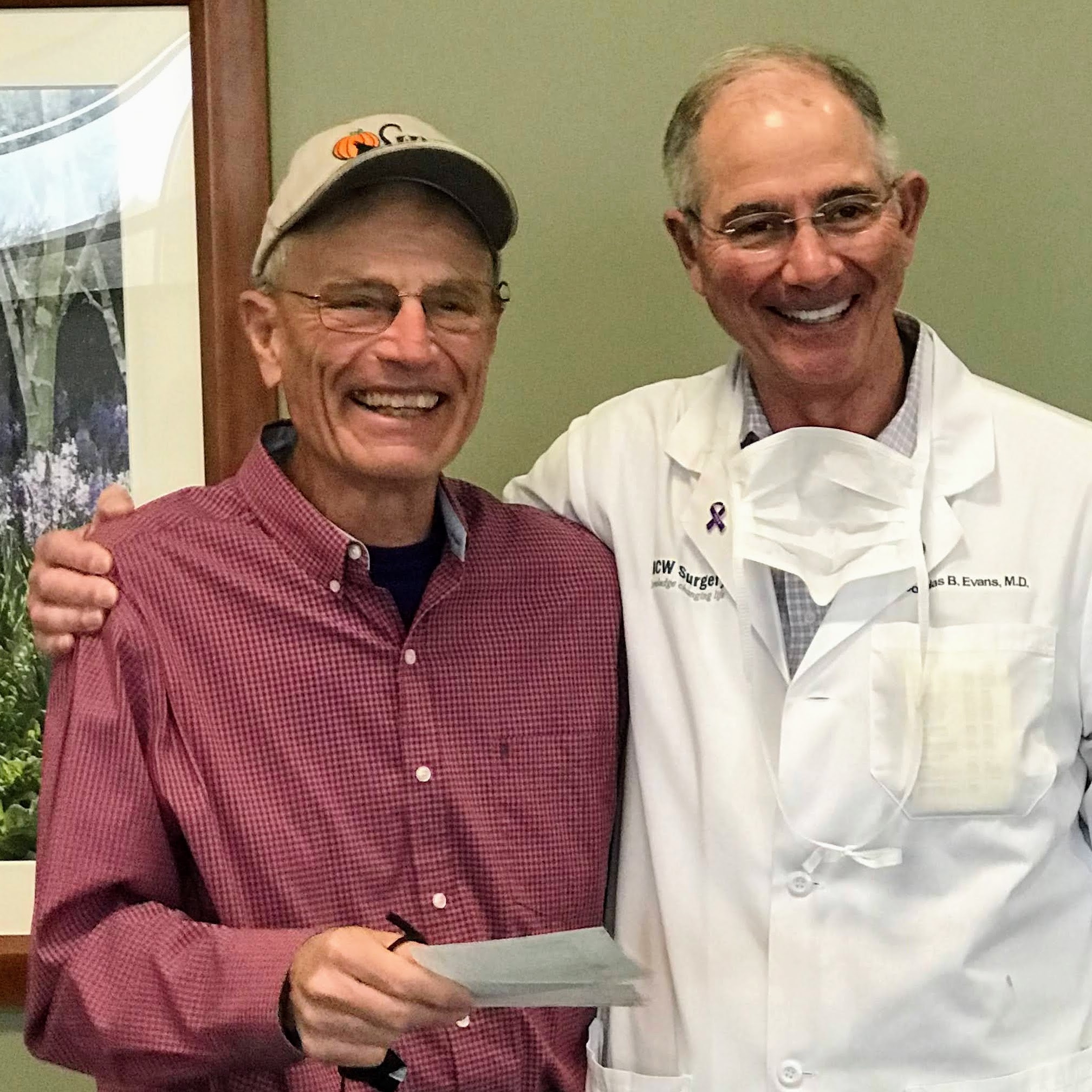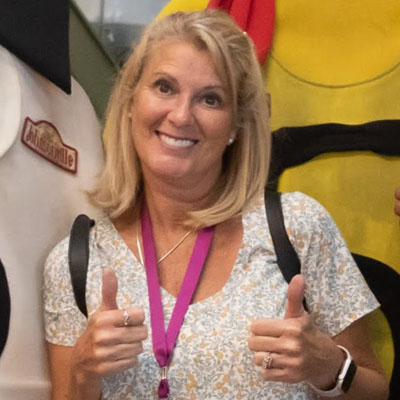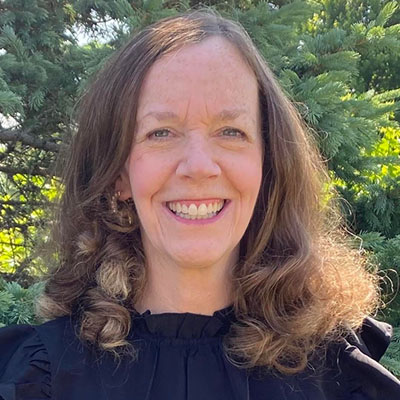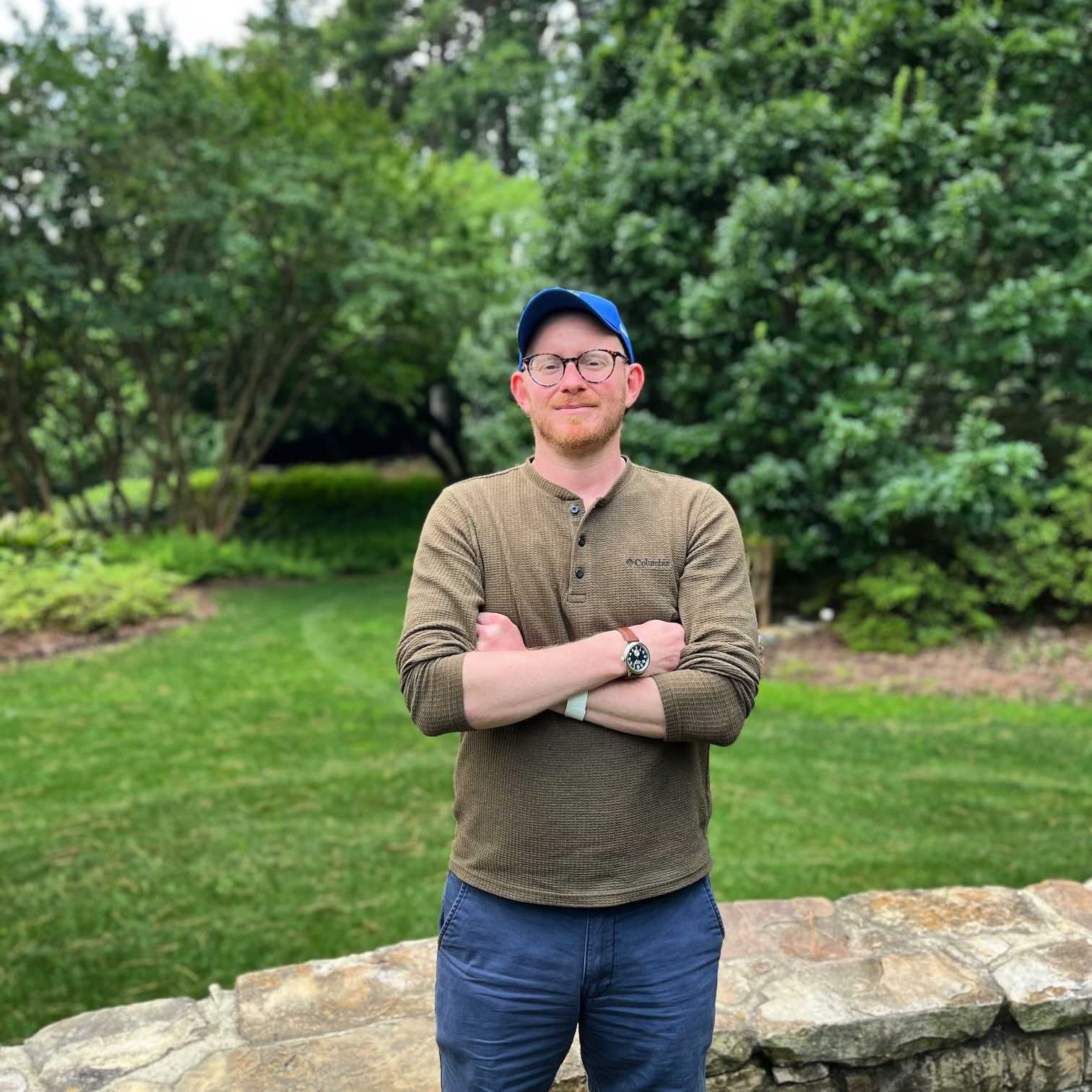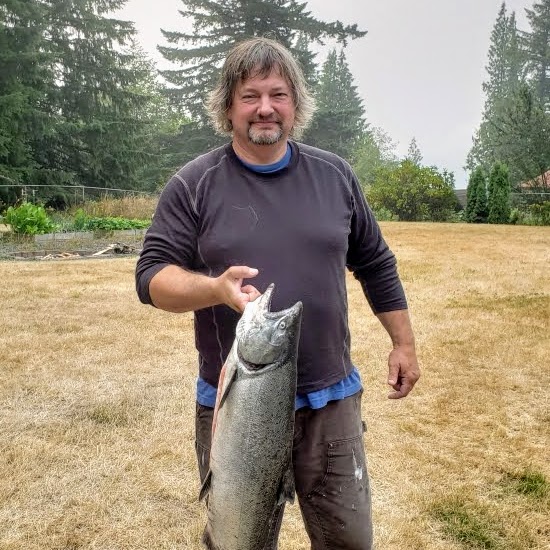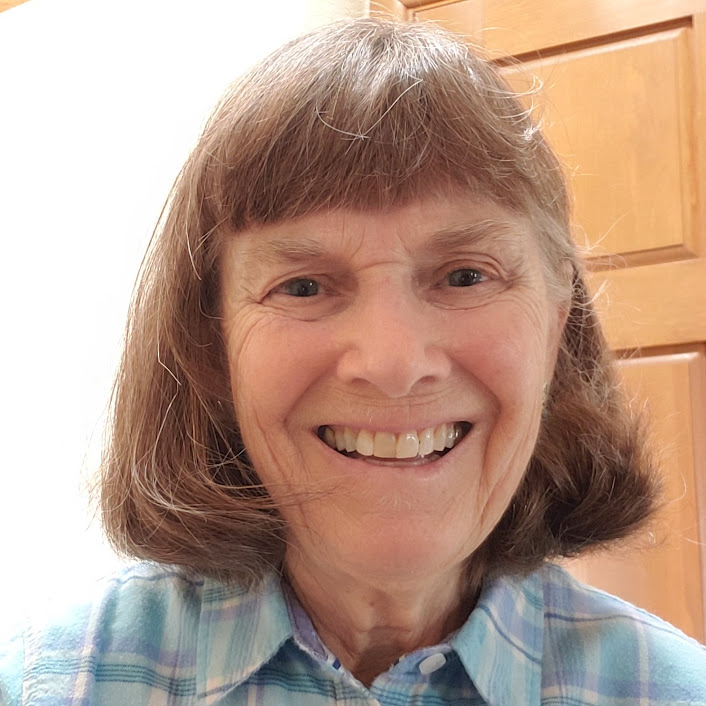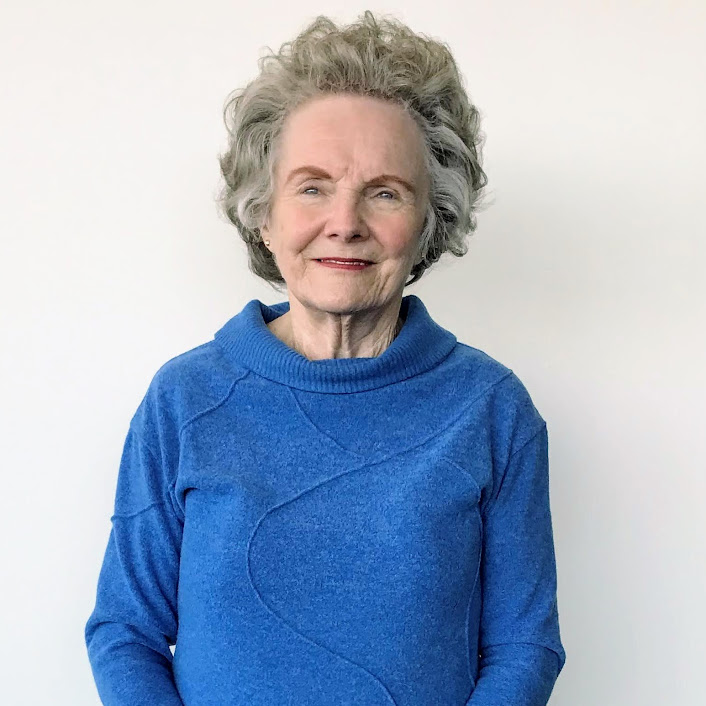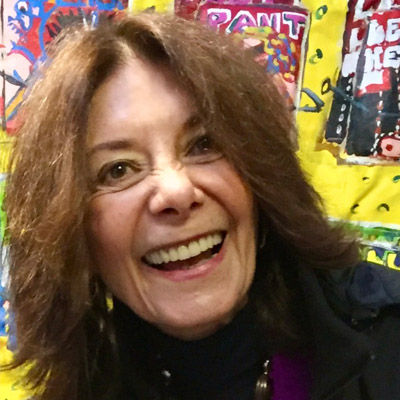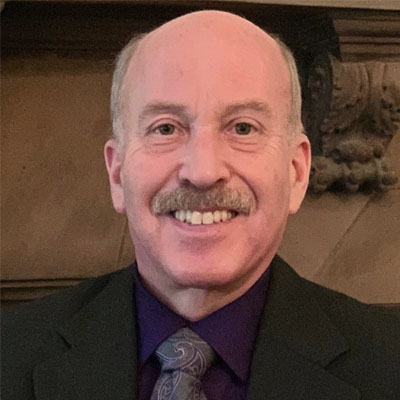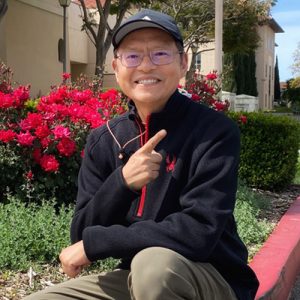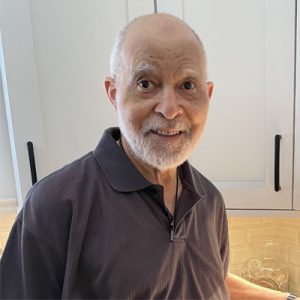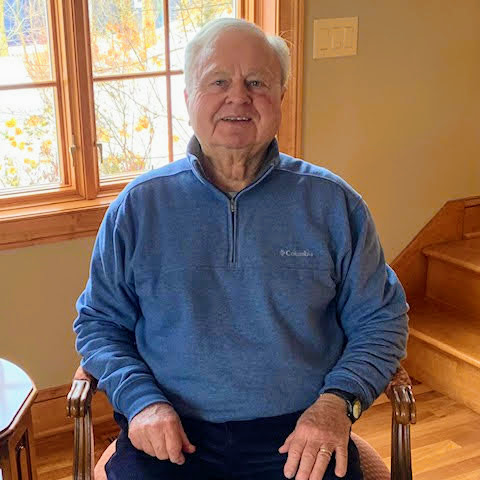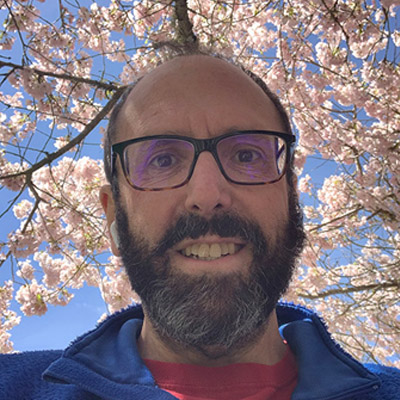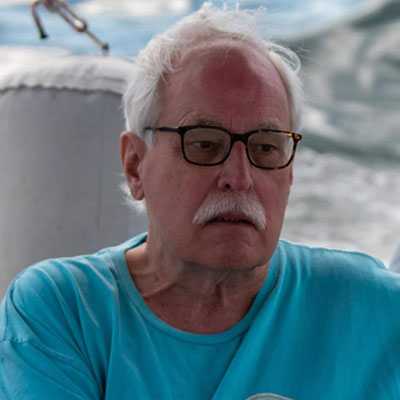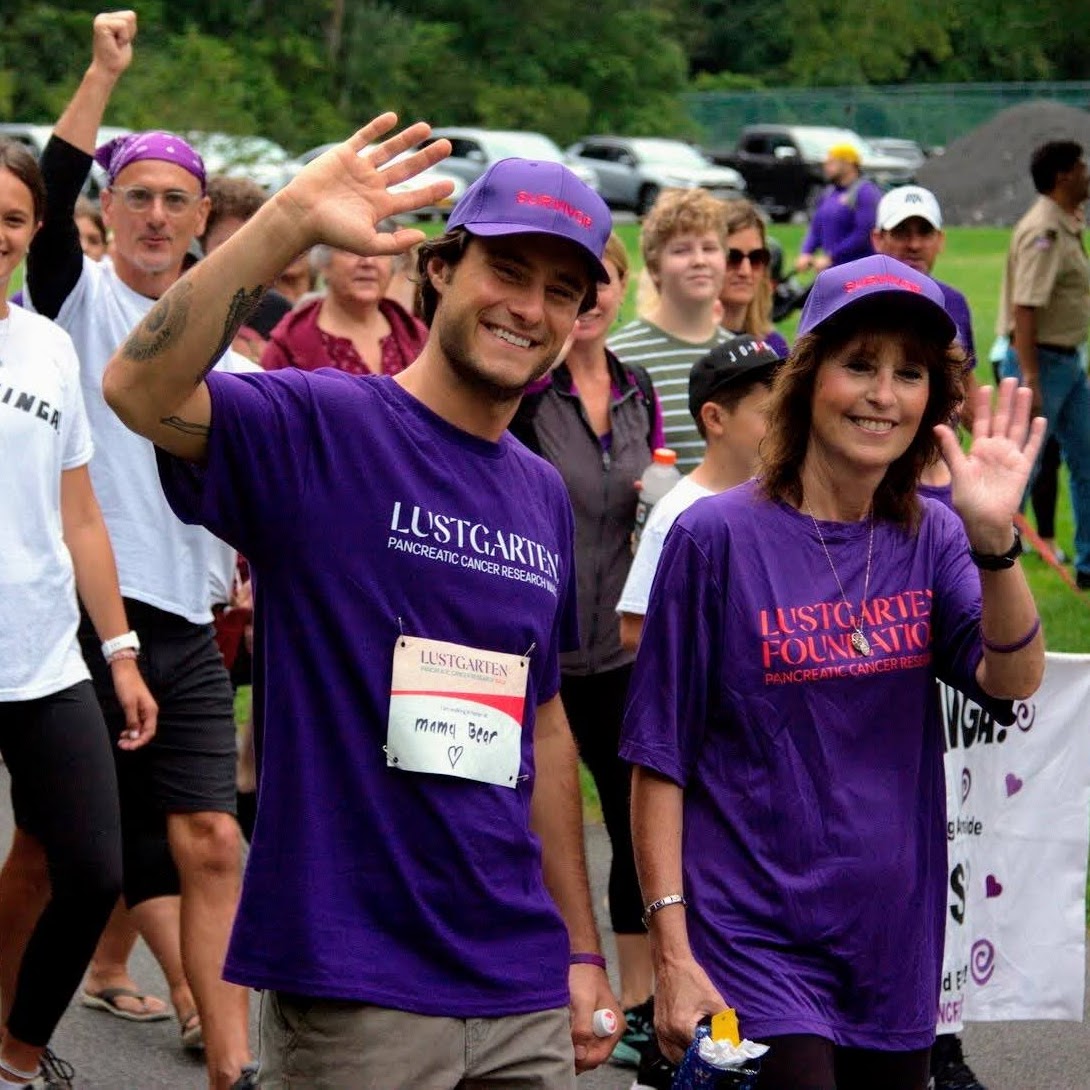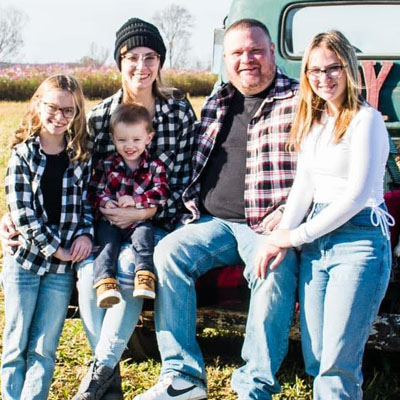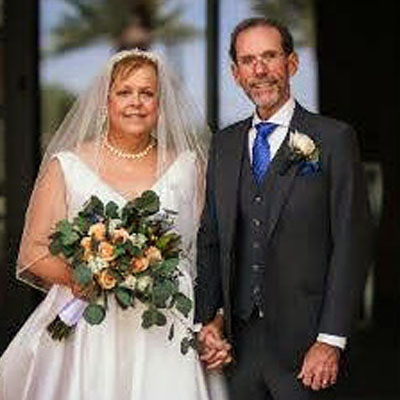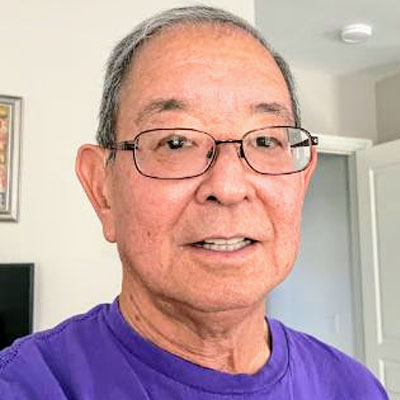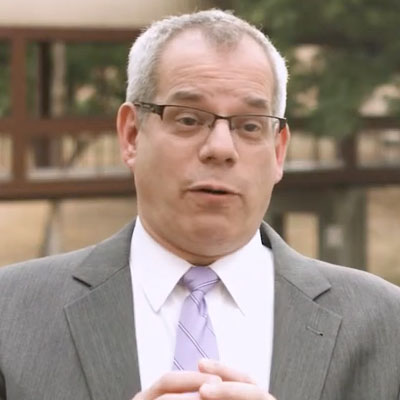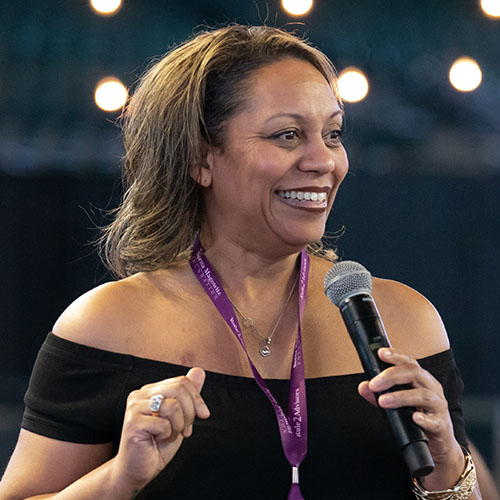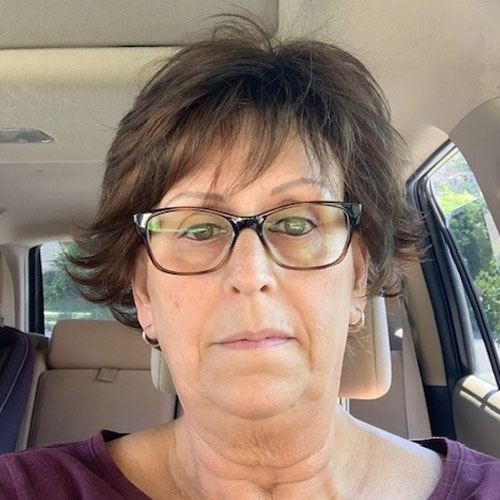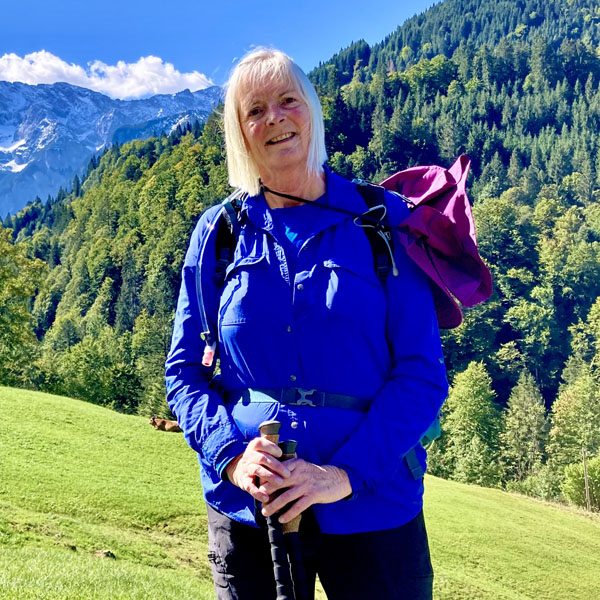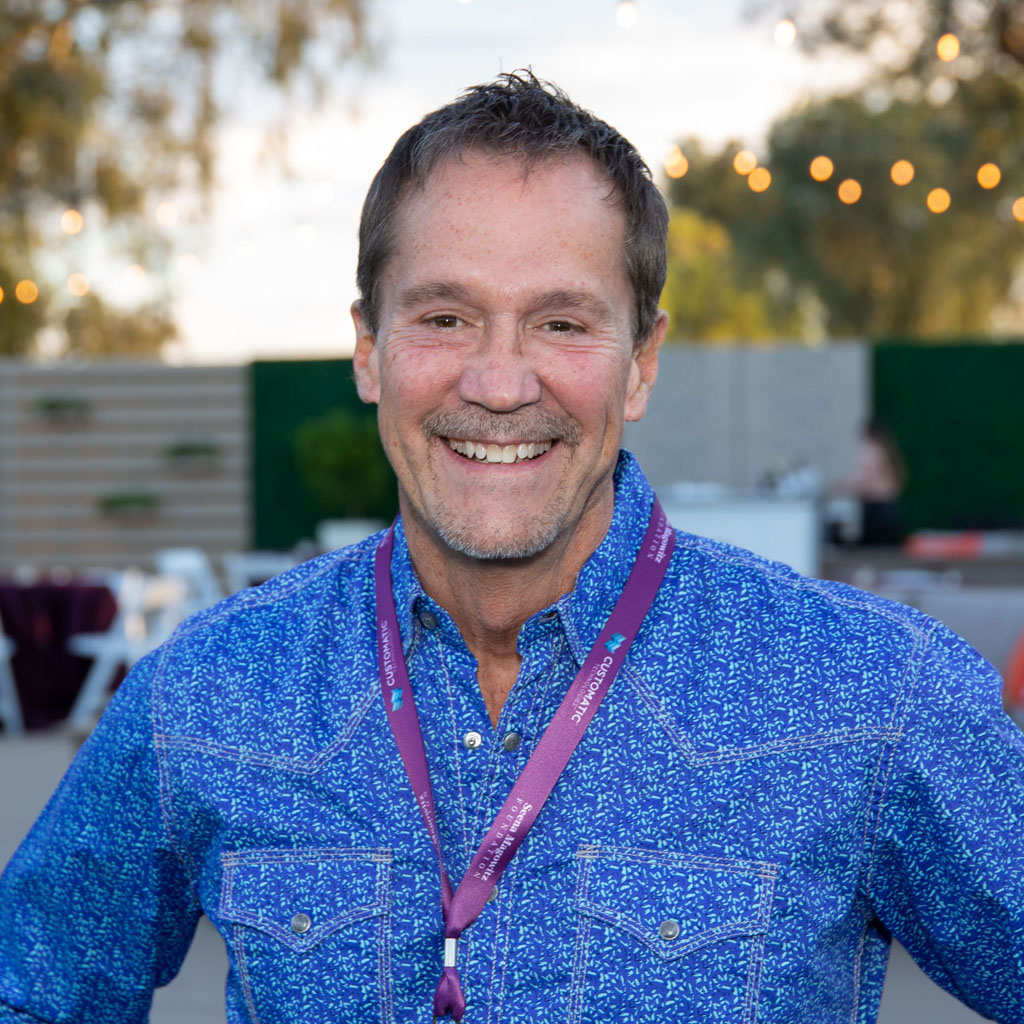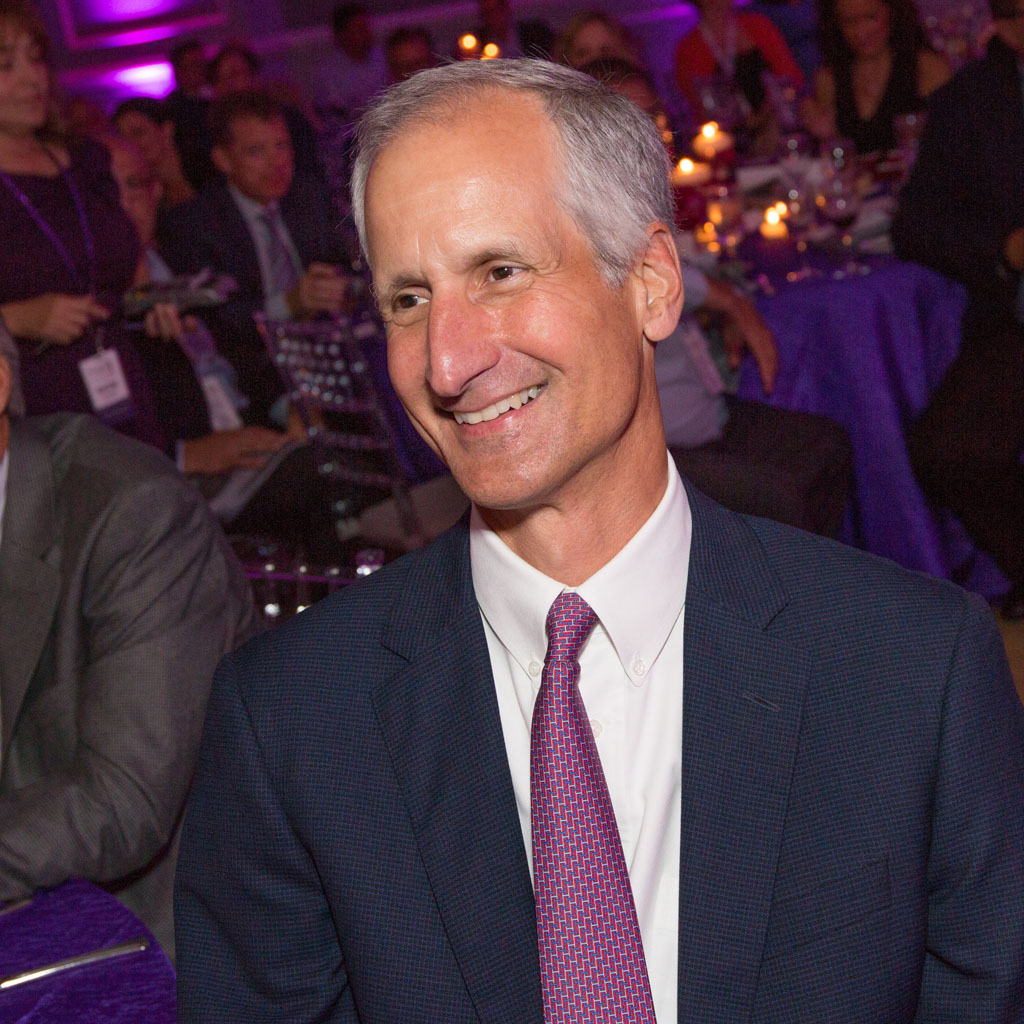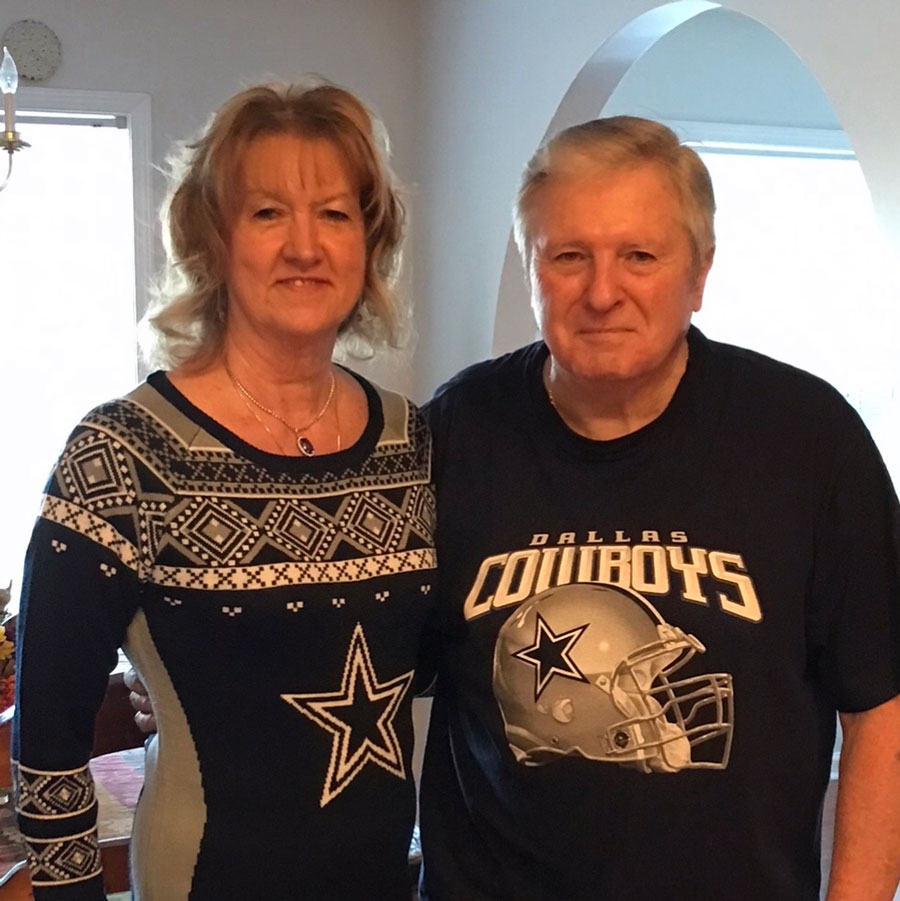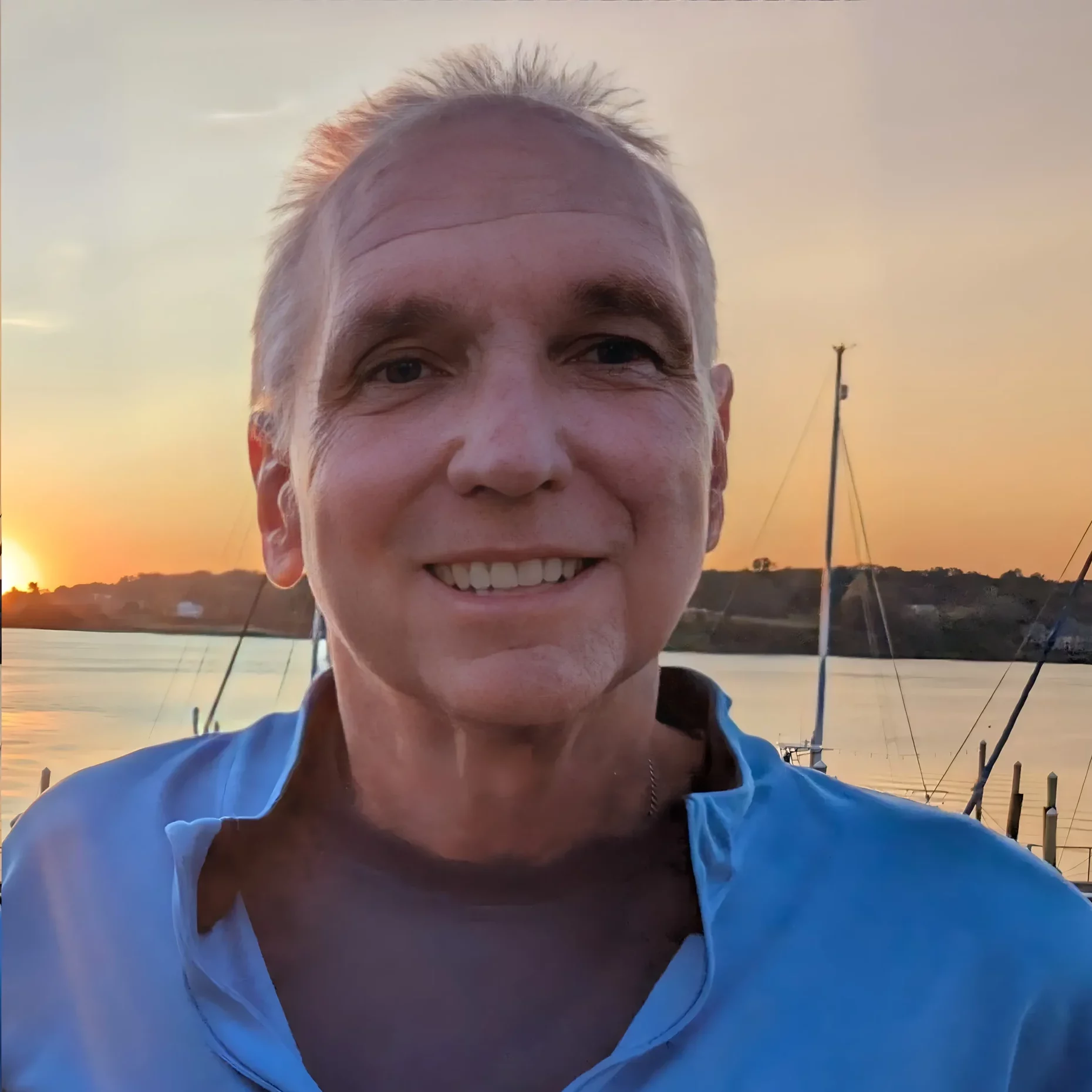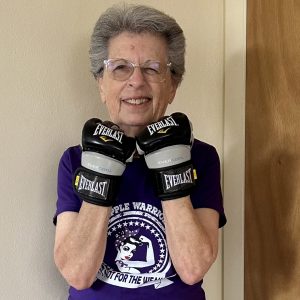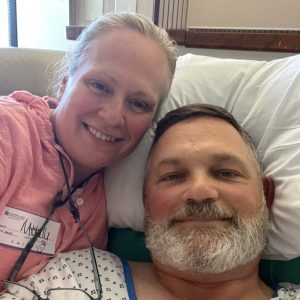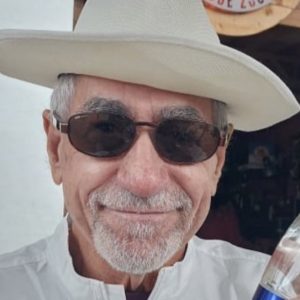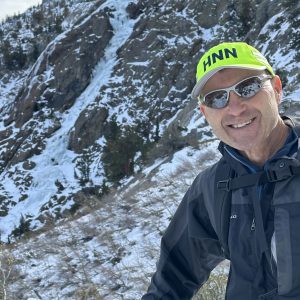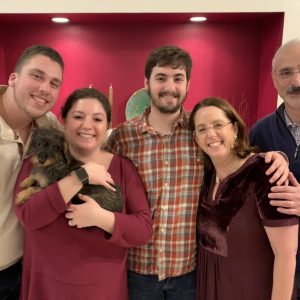Pancreatic Cancer Patient Survivor Stories
In the realm of cancer battles, pancreatic cancer stands as one of the most formidable foes. Its stealthy onset and aggressive nature make it a particularly challenging adversary. Yet, amidst this struggle, there are beacons of hope – survivors who defy the odds and share their journeys to inspire others. The Seena Magowitz Foundation has chronicled several such stories, offering insights into the battles, victories, and the relentless spirit of pancreatic cancer warriors.
This page is dedicated to these pancreatic cancer survivor stories. Through the work of the cancer community—from fundraising efforts, to cancer research, to the tireless works of oncologists— many of these warriors have passed the five-year window, beaten the survival rate odds and are long-term survivors. The purpose of these pancreatic cancer survivor stories is to serve as stories of hope for the newly diagnosed and their families.
There are several critical aspects of dealing with pancreatic cancer:
- The Importance of Early Detection: Debbie’s accidental discovery of her cancer and Janet’s delayed diagnosis highlight the need for vigilance and early detection in improving survival chances.
- Personalized Treatment: The varying experiences of these individuals stress the importance of personalized treatment plans. As cancer treatment evolves, the emphasis on genetics, oncology, family history, and individual responses to treatment becomes crucial.
- The Role of Patient Advocacy: Janet McNabb’s experience particularly underscores the importance of being proactive about one’s health, seeking second opinions, and advocating for oneself in the healthcare system.
- Living with the Aftermath: Allen Cotton’s ongoing health challenges post-recovery illuminate the long-term impacts of cancer and the need for continued care and support.
- The Power of Hope and Resilience: Above all, these stories resonate with hope and resilience. They remind us that even in the face of a daunting diagnosis, there is room for courage, determination, and the possibility of beating the odds.
As the Seena Magowitz Foundation continues to share these powerful narratives, they serve as a source of inspiration and education. These stories not only shed light on the personal battles against pancreatic cancer but also contribute significantly to raising awareness and guiding research efforts towards better treatment options and, ultimately, a cure.
- The Challenge of Misdiagnosis: Misdiagnosis is a common thread in many pancreatic cancer stories. Janet McNabb’s initial misinterpretation of symptoms as gall bladder issues exemplifies this challenge. It underscores the need for greater awareness among both patients and healthcare providers about the symptoms and risk factors of pancreatic cancer to ensure timely and accurate diagnosis.
- The Evolution of Treatment: Pancreatic cancer treatment has evolved significantly over the years. Debbie Lanphear’s experience with chemotherapy and the subsequent decision to cease it due to adverse reactions highlights the ongoing efforts to tailor treatment to individual patient needs and circumstances. The advancements in personalized medicine, including genomic testing and targeted therapies, offer new hope for more effective and less invasive treatments.
- The Impact of Family History and Genetics: Debbie’s story also brings to light the role of genetics in pancreatic cancer. Her decision to undergo genetic testing reflects a growing understanding of how family history and genetic predispositions can influence cancer risks. This knowledge is vital for early detection strategies and preventive measures for those at higher risk.
- Living Beyond Cancer: Allen Cotton’s life post-cancer illustrates another significant aspect of survivorship – living beyond cancer. His journey highlights the importance of ongoing health monitoring and addressing the long-term effects of both the disease and its treatment. Survivors often face a range of challenges, from physical health issues to emotional and psychological impacts, underscoring the need for comprehensive survivorship care.
- The Role of Research and Clinical Trials: The stories of these survivors also reflect the critical role of research and participation in clinical trials. Advances in pancreatic cancer treatment and understanding largely stem from clinical research, which offers patients access to new therapies and contributes to the broader knowledge base necessary for developing more effective treatments.
- Community and Support Systems: The role of community support is evident in these stories. Janet McNabb’s journey, in particular, highlights the importance of a strong support system, including family, friends, and healthcare professionals. The emotional and psychological support provided by loved ones is invaluable in navigating the challenges of diagnosis, treatment, and recovery.
- Raising Awareness and Advocacy: Finally, the sharing of these stories is a powerful tool in raising awareness about pancreatic cancer. By bringing attention to the disease, its symptoms, and the experiences of those affected, these narratives help to educate the public, advocate for more research funding, and promote early detection initiatives.
In weaving together these diverse yet interconnected stories, we are reminded of the multifaceted nature of the battle against pancreatic cancer. From the initial shock of diagnosis to the complexities of treatment and the journey towards recovery, each story offers unique insights and lessons. They highlight the importance of resilience, the value of informed decision-making, and the power of hope.
While cancer centers and cancer research play an important role in building a cancer-free world, our research has shown that caregivers, family members, and patients benefit the most from real patient stories. By profiling survivors and warriors—and their experiences with symptoms of pancreatic cancer, chemo, biopsy, and the side effects of treatment—we hope to provide inspiration to those that are on their pancreatic cancer journey. These stories range from initial pancreatic cancer diagnosis, to inoperable pancreatic cancer, to stage iv cancer care.
This is a collective call to action – to advance research, improve patient care, and ultimately, to find a cure for pancreatic cancer. These stories inspire us to remain vigilant, advocate for ourselves and our loved ones, and support those on the front lines of this battle. As we continue to share and learn from these powerful narratives, we strengthen our collective resolve to conquer pancreatic cancer, offering hope and guidance to those affected by this formidable disease.
Click On A Photo To Read A Warriors Story
Why We Share Pancreatic Cancer Patient Survivor Stories
To Share Hope. Raise Awareness. Inspire Vigilance. Help Extend Quality Life.
And to Quicken The Pace To An Eventual Cure of Pancreatic Cancer.
Treatment of cancer is not “one-size-fits-all”. Today personalized precision treatment is more targeted. Genetics, family history of cancer inherited gene mutations that would predispose someone to pancreatic cancer, gene mutations, and differing effectiveness of one’s own immune system. DNA is uniquely different. Exposing individual makers through testing enables oncologists to design customized treatments that may be more effective for a particular patients. And participating in clinical trials should be a consideration for many reasons.
Personal pancreatic cancer patient stories of each survivor are uniquely different. Many are initially misdiagnosed making second opinions absolute. Pancreatic cancer symptoms are very vague and often don’t present until the cancer has already spread. We must be vigilant. We have to become our own best healthcare advocates. We have to become more assertive with general practitioners. Many clues can be found in our patient stories that may give other patients newfound hope.


